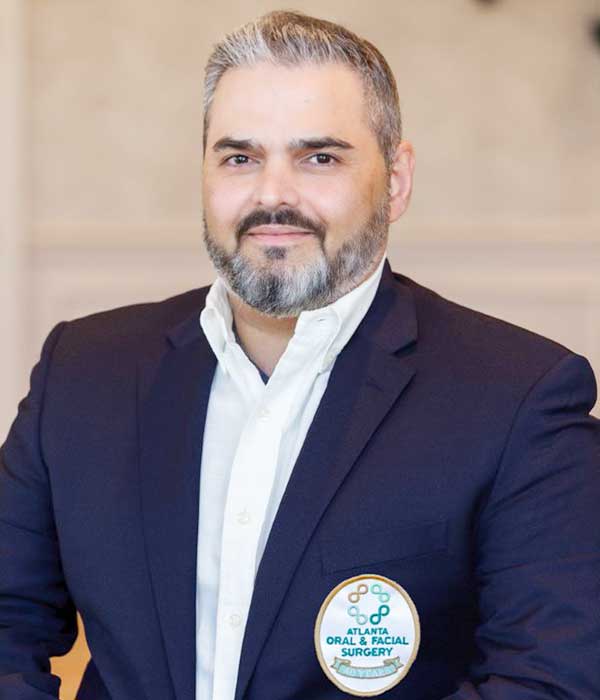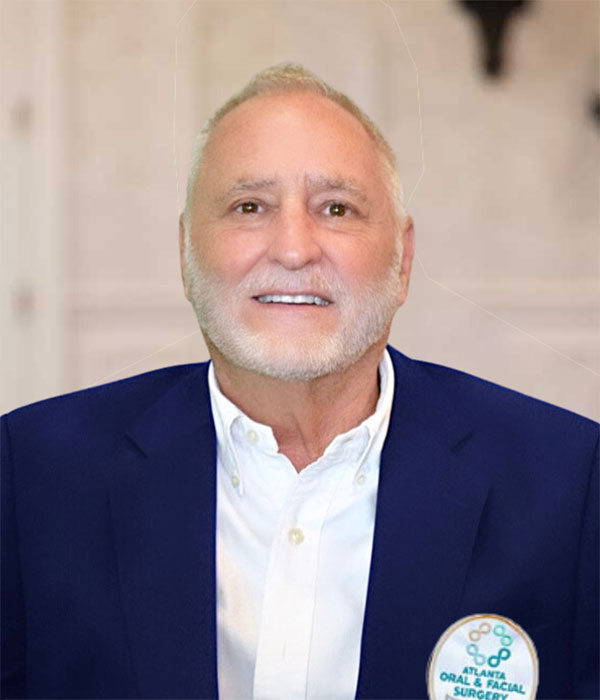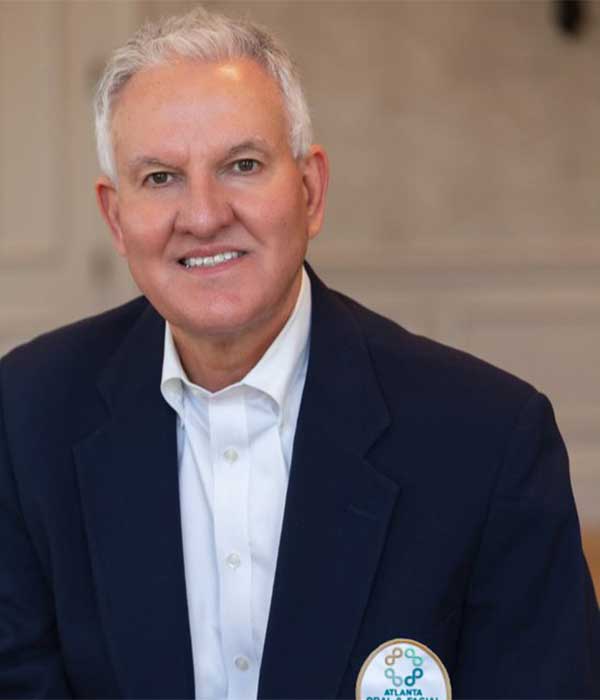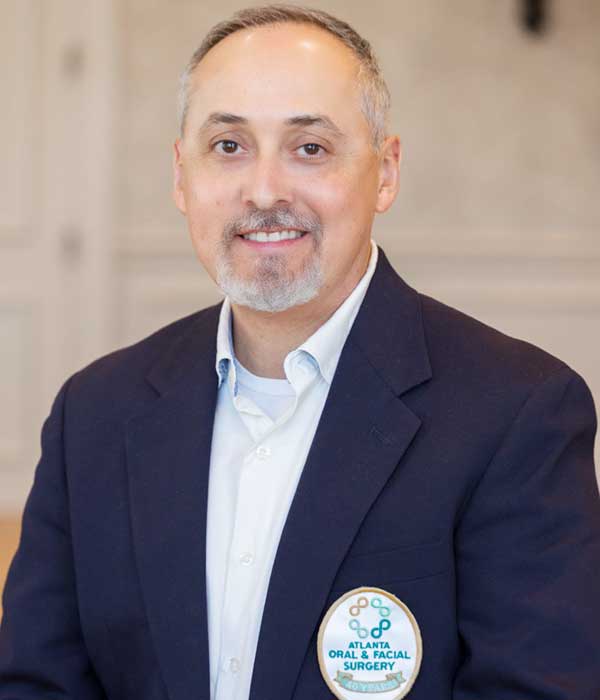How Bone Grafting Can Save Your Oral Health
Dental implants are the best way to replace broken or missing teeth. The procedure to place a dental implant is to surgically place a titanium post which replaces the root of a tooth. After the implant heals, a porcelain crown will be attached to the post to complete the procedure.
In order to get the best result from your dental implant surgery, you must have a healthy and dense jawbone to sustain the implants. In some cases, because of missing teeth, the jawbone shrinks in, and you may need a bone graft to restore your smile.
Bone grafting is a surgical procedure that can restore or rebuild the bones through a transplantation of healthy bone tissue to your jawbone. The transplantation of bone tissue can help to renew the density and strength of your jawbone. Dental implants have to be attached to strong bone tissue for the procedure to be the most effective. The renewal and restoration of your jawbone can help improve your overall oral health and prepare you for certain restorative treatments, especially for dental implants.
Bone grafting is a technique that is needed when a patient doesn’t have the required amount of healthy natural jawbone that is competent in supporting the dental implants. This lack of jawbone can be due to developmental deficiencies, gum disease, facial damage or trauma, or the presence of an empty space after a tooth is lost or extracted.
 Anyone that has a missing tooth might need a bone graft before it’s possible to set a dental implant. That’s true even in a situation where the patient visits the dentist or oral surgeon immediately after losing the tooth. The tooth socket may be infected, or the lost tooth is the wrong size for supporting a quick replacement.
Anyone that has a missing tooth might need a bone graft before it’s possible to set a dental implant. That’s true even in a situation where the patient visits the dentist or oral surgeon immediately after losing the tooth. The tooth socket may be infected, or the lost tooth is the wrong size for supporting a quick replacement.
More frequently, after a person loses a tooth, they’re unable to obtain immediate treatment from their dental care provider. There may be budget related or logistical issues. Either way, the bone loses its mass since the tooth is missing.
The type of bone that generally gets into danger is called the alveolar bone. This bone only has one job and that is to sustain and preserve your teeth. If there’s no tooth present, the alveolar bone starts to shrink for lack of work. In addition, the jawbone gets its strength from chewing. Alveolar bone loss can thus immediately begin to occur.
Dental implants depend on osseointegration to function. That is, the implant has to connect with the bone in order to form a stable footing for the crown. But if there’s no bone to operate with, installing an implant can be very challenging.
Bone grafting surgery adds thickness and volume to your jaw in areas where bone loss has happened. Depending on your situation, your oral surgeon may integrate bone grafting with platelet rich plasma treatment. Generally, plasma is taken from a blood sample and used to improve recovery and tissue rejuvenation.
Some may wonder if the bone grafting procedure is painful. The bone grafting is an outpatient procedure, and your oral surgeon will make sure that you are sufficiently sedated, if you desire, during the operation. The sedation will wear off after the procedure is completed and there may be some discomfort afterward that can usually be relieved with anti-inflammatory drugs. As the graft recovers, the patient shouldn’t feel any pain. Once the graft is done and completely healed, the patient will be ready for the installation of the dental implants if they were not able to place an implant at the same time as bone grafting.
If you are interested in restoring your teeth via dental implants, your oral surgeon can determine whether or not a bone grafting procedure will be necessary.
Atlanta Oral & Facial Surgery is an exceptional care team dedicated to resolving complex health concerns in ways that consistently earn the trust of patients, those who care for them and referring dentists. As the largest oral surgery group of its kind in the United States, we have revolutionized our patient journey into a thoughtfully designed holistic experience that addresses patient concerns, centralizes and simplifies processing, and inspires confidence in exceptional outcomes.
Oral health is at the center of wellbeing, so we invest our time, talents and resources to deliver remarkable care that enhances quality of life and transcends the expected healthcare experience.
For more information about our practice, visit our website or contact us at 877-269-2637.










































